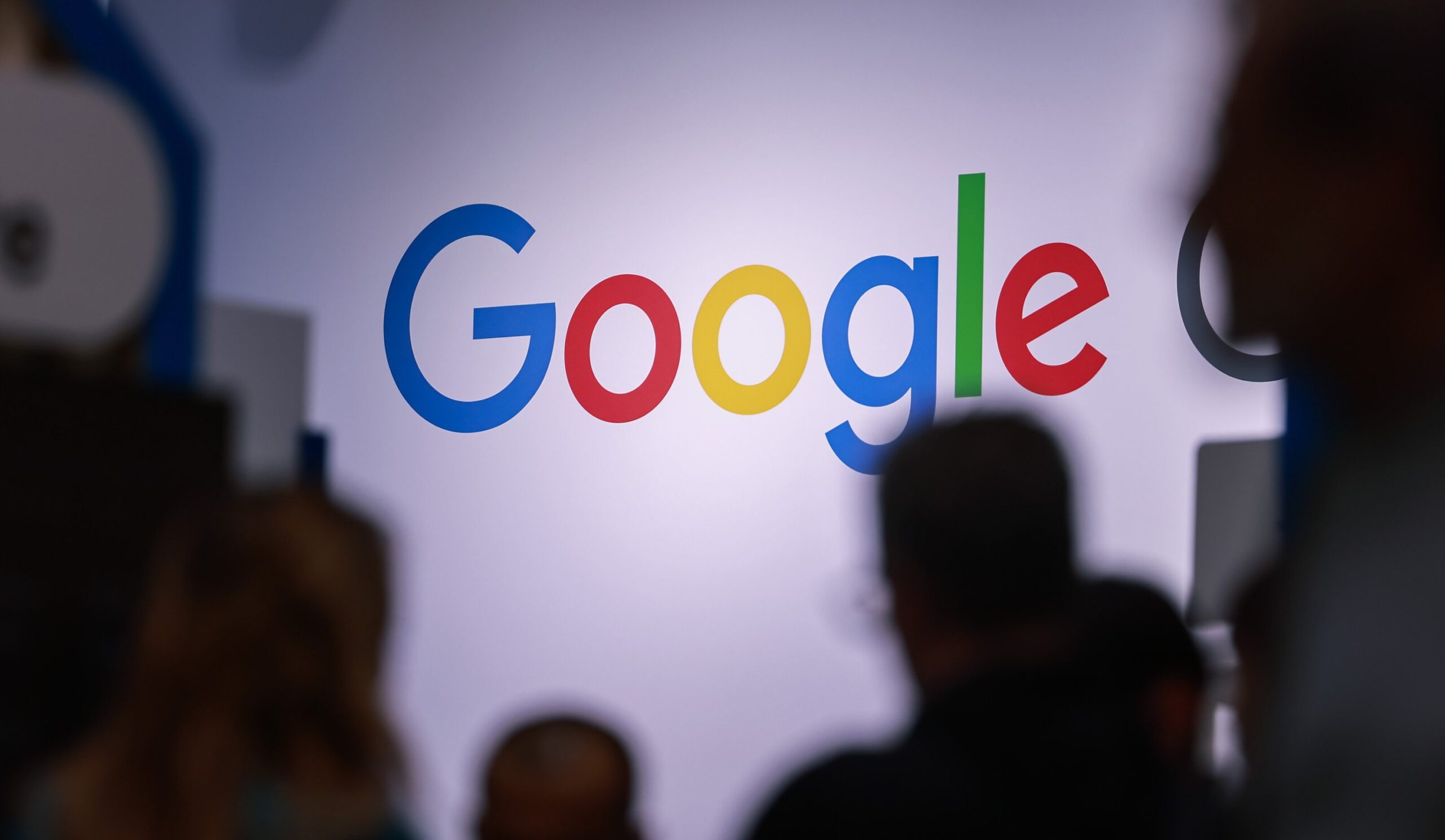Nearly a year after U.S. District Judge Amit Mehta ruled that Google had engaged in practices that allowed it to maintain its leadership in the search engine market, the tech giant and the U.S. Department of Justice (DOJ) are back in court. This time, the focus is on determining what measures might be imposed following the initial decision.
Over the coming weeks, both sides will present evidence and call on high-profile witnesses from the tech industry. These include Google CEO Sundar Pichai, DuckDuckGo CEO Gabriel Weinberg, and executives from Apple, Microsoft, Yahoo, and ChatGPT. Google has stated it will appeal Judge Mehta’s ruling once the remedies phase is complete, arguing that the DOJ’s proposed measures could harm innovation, the economy, and the consumer experience.
On the eve of the hearing, Google published a public blog post expressing concern over what it described as overly broad and unnecessary government proposals. The company maintains that its market position stems from the quality of its products, not from anti-competitive practices.
On Monday morning, DOJ officials responded. Speaking outside the courthouse, Assistant Attorney General for the DOJ’s Antitrust Division, Gail Slater, said the greater danger lies in the potential impact of concentrated tech power on market innovation and freedom of expression.
Inside the courtroom, lawyers from both the DOJ and Google sat side by side as proceedings began. David Dahlquist, acting deputy director of the DOJ’s civil antitrust litigation division, delivered opening remarks. In a 45-minute presentation, he outlined the government’s proposed remedies — including a request for Google to divest from its Chrome web browser and to end preferential agreements with device manufacturers like Apple and Samsung. These deals, the DOJ argues, have helped Google establish its search engine as the default option on their devices. The government also aims to prevent similar agreements involving Google’s AI products, such as the Gemini chatbot.
“We are not here for a Pyrrhic victory. We are here to restore competition,” Dahlquist said. He framed the case as a turning point: will the U.S. continue to allow Google, a dominant player, to control the search market — or will it choose to foster fair competition?
The Beginning of a New Era for Tech Regulation
The case originated in 2020, when the DOJ, joined by attorneys general from 11 states, filed a lawsuit alleging that Google had made multibillion-dollar deals to secure its search engine as the default on mobile browsers, limiting access to competitors. Google has denied these claims.
This case marks a shift in the long-standing relationship between Washington and the tech industry, which for years grew with little regulatory scrutiny. Today, companies like Meta, Amazon, and Apple also face legal challenges. In fact, Meta is currently defending itself in another antitrust case in the very same courthouse. And Google is facing additional scrutiny — a separate lawsuit filed in 2023 recently led to a ruling that the company’s dominance in online advertising may violate antitrust laws.
Among the DOJ’s most significant requests is that Google divest from Chrome, which is considered a major access point for search and a key source of revenue. According to Dahlquist, Chrome’s dominant position discourages new competitors, and separating it from Google could open the door to a more competitive market. Google, however, strongly opposes the idea, emphasizing that Chrome is closely integrated with other services, including the Chrome operating system and Chromebook laptops.
The DOJ also seeks to halt payments Google makes to third-party manufacturers to keep its search engine as the default option. According to Dahlquist, simply removing the term “exclusive” from distribution agreements, as Google has proposed, would not be sufficient to prevent anti-competitive effects.
Additionally, the DOJ wants to ensure that no future exclusive agreements are made involving Google’s AI tools like Gemini. Dahlquist warned that AI could become another area where market dominance emerges unless limitations are established now.
Google’s Response
Google has reiterated its intention to appeal, while defending its position that it has never acted as a monopoly. Company representatives argue that users choose Google because it offers superior products.
John E. Schmidtlein, one of Google’s attorneys, described the DOJ’s proposed remedies as a “wishlist for competitors” during his opening statement. He claimed the DOJ is trying to redistribute resources that took Google years to build. Schmidtlein also characterized the idea of splitting Chrome from the rest of the company as extreme and potentially harmful to Google’s broader ecosystem.
Regarding the DOJ’s concerns over Google’s AI products, Schmidtlein pointed out that Gemini was not part of the original antitrust case and that the AI market remains highly competitive. He cited the popularity of rival platforms like ChatGPT, MetaAI, and Grok as evidence of healthy competition. “The notion that ChatGPT can’t get distribution is absurd. They have more distribution than anyone,” he said.
Why This Case Matters
Rebecca Haw Allensworth, an antitrust law professor at Vanderbilt University, describes the case as one of the most significant in decades.
“This case is a very big deal — it’s hard to overstate it,” she said. “It’s at least as important as the Microsoft case 25 years ago.” That case, filed in 1998, centered around Microsoft bundling Internet Explorer with Windows and almost led to the company being split in two before a settlement was reached.
Allensworth also likened the Google case to the landmark 1906 Standard Oil antitrust suit, in which John D. Rockefeller’s oil empire was found to have monopolized the industry. The ruling led to the company being broken up into about 40 separate entities.
She concluded that while the outcome of this phase remains uncertain, requiring Google to divest from Chrome is not off the table.







